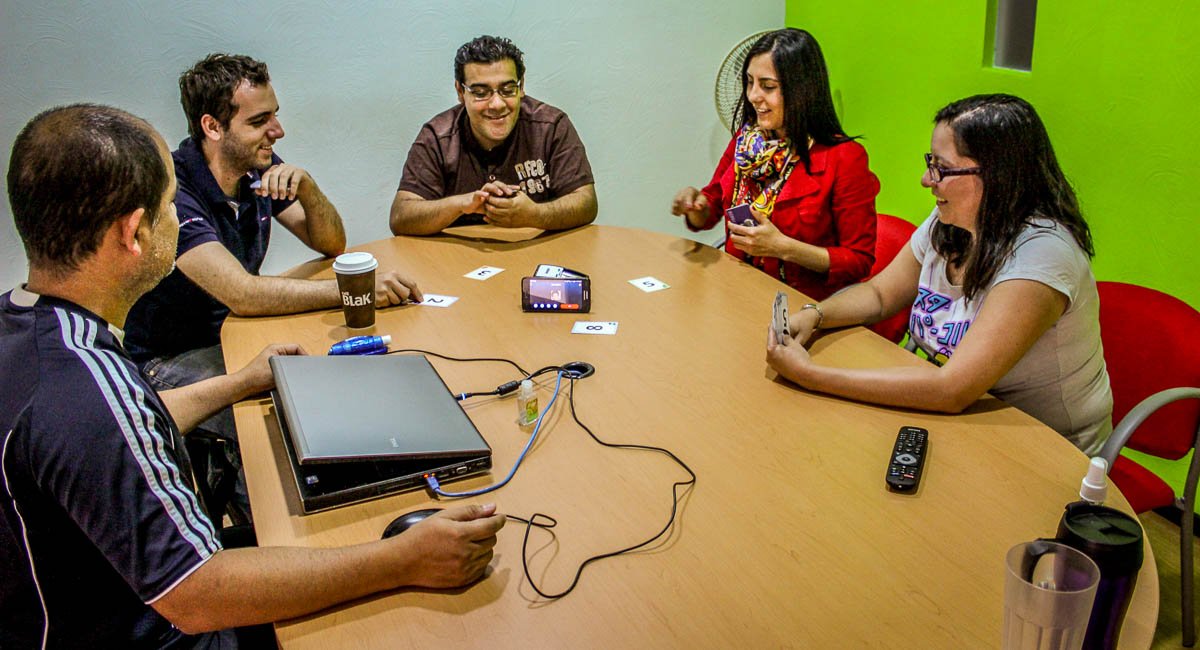Background
Before we discuss this subject – let’s reach a common understanding of what we mean by Soft Skills for Software Development Teams. Developing custom software requires a clear understanding of what the client needs to accomplish with the finished product. If you work in application development, you are aware that often this is a subject the client is not fully settled on when development begins, even if they have planned extensively. In fact, if the client believes they have all the bases covered in their application requirements, it is wise to be very careful and ensure they have the ability to be flexible at both a product and contract level. We all know that things will change as the product is realized and new opportunities present themselves. We also know that unexpected issues will come up during the project and the longer and more complex the project – the higher the risk will be. What we don’t know is how much change the project will need to be successful as envisioned and if that will be acceptable to the client. Realizing a product successfully requires that everyone on the development team is able to see more than the task that is in front of them and is enabled, personally and professionally, to help shape the outcomes. Without that, they are just following specifications in detail, not contributing their experience and insight fully and that can mean that things will go off the rails before anyone can pull them back. For developers to effectively provide the insight and experience they have to the project – they need to be able to use a range of soft skills.
On the other hand, no one can expect all or even some software developers to be business consultants, but in most cases, the same skills we expect our business consultants to have, can make all the difference when they are applied to the project from within the development team.
At a high level – what are these skills? Communication, negotiation, problem solving (creativity), and strategic thinking, but – within the context of the development team and its role in the project. There is a larger, more specific view of soft skills, but we will get to that later.

Scio Development Center, Morelia, Mexico
The team context is critical. If the development team cannot come together to support a concept or conclusion that could be advantageous to the project, it has a near zero chance of moving forward, no matter how valuable it may be. This doesn’t discount the visionary individual who sees the opportunity for change, it simply means that before the idea can move forward – the individual needs to exercise their soft skills to bring their team on board as a first step. And if the team does not feel enabled to exercise their creativity and insight, their soft skills for the concept, it will never happen.
Another common misconception is that roles like Project Manager and operations like communication are in themselves soft skills. Both areas benefit from soft skills greatly, but being a good project manager has more to do with how the role is defined than anything else. In larger teams, where the project manager is more of an administrator and deliverable coordinator, more of the work is defined by procedures, checklists, and project plan maintenance than soft skills, although certainly if the plans go wrong, negotiation becomes key. In these larger scenarios, communication also becomes bound up in processes and notification cycles that are often automated, if not run by assistants and procedures. In smaller agile teams, like we use at Scio for agile software development, soft skills are always important because there are fewer intermediaries and roles between the client and the development team. In general, while procedures certainly exist, they are more flexible and can be changed to fit the context of the project quickly. In these situations, there is little to no buffer between the development team and the key stakeholders on the client team. The better the members of the team are at leveraging soft skills, the better off the whole project will be. Smaller teams have to be creative, able to communicate their ideas and support them with analysis and strategy, and finally negotiate a path to a better outcome.
Is there a process under it all?
There is a process that ties together all soft skills that – when it is done right – makes all the difference. It is the process a team or individual uses to arrive at a conclusion for presentation, negotiation, and hopefully, acceptance. It is basically the same system a business analyst uses to present findings, but it needs to rely more on arriving at the conclusion as something everyone in the team can agree to and support. I bring this up because although all soft skills can be used by themselves, it is easier to see the value if you put them in the context of developing a proposal for a change in a project.

Considering the steps
- Gather Information
- Open, contextual questions delivered with empathy. As you gather information, conversations and the questions in them need to be developed within the context of the organization and with an understanding (empathy) for the people you are talking to. The communication soft skill of developing questions to gather information and delivering them with empathy has considerable value and too often ignored. Not using it properly results in few useful answers («yes» and «no» answers don’t give you any context) and little understanding of underlying drivers.
- Research – Of course, the skill of analyzing sources is critical, but so is using the team and peers as resources in research. They will bring different points of view and experience that can be expose additional lines of discussion.
- Analyze
- Document Scenario – Analysis must be based on the scenario under consideration and it must be documented clearly and agreed on by the team.
- Record Analysis – The analysis, under the scenario, needs to be referenced to the research and interviews
- Team Inclusion – Again, the team and any peers consulted need to be pulled into the analysis through review and discussion to ensure they understand what was considered before the conclusions were reached
- Develop Conclusions
- Attach to research and analysis – by the time you reach the conclusions, you should be able to draw clear lines between the research, the analysis and the proposed conclusion. Referencing back to those areas is key to achieving a collaborative conclusion.
- Team Inclusion – Of course, if the team is going to support the proposal, they have to understand the conclusions and how they were reached.
- Reassess
- Record Current Context – Document the current scenario and how it has changed.
- Cycle Back through the steps and document, changing as needed and adding new conclusions.
The process of developing proposals will use all the general skills above and if we get more granular, some more as well. Ultimately, they are the skills teams need to be successful and clients need to make decisions and gain confidence in their development team. But, the development team should not wait until the problem that needs to be solved is so big that it takes days and reams of paper to present. At that point, it is too late for the team to intervene because of project timelines and pressures. If problems are recognized early and conclusions are well-documented, they should be able to be presented in a short PowerPoint presentation. That is a much more realistic target for a development team if they can leverage their soft skills effectively.
A more comprehensive list of soft skills for Software Development Teams?
We’re not going to go into detail with the list we use of soft skills for our team training – but it is a good look at what we find useful to bring development team members to a level that improves their ability to add value to a project from their experience and insight:
–Thought Skills
- Associative Thinking (Connect the Dots)
- Analytical Participation
- Effective Questioning & Participation
–Team Skills
- Cultural Integration
- Collaboration & Coordination
- Key Stakeholder(s) Identification, expectations, Concerns
- Teamwork & Success (also a personal skill)
–Personal Skills
- Time Management (also a team skill)
- Always Learning, Improving
- Self-Confidence, Interpersonal Skills
These areas, laid against the normal team analysis, project management and delivery skills required for software development, bring a better experience for clients and higher job satisfaction for our team members. But with that understanding of the «why» behind a focus on soft skill development, the biggest barriers must also be understood:
- Soft skills do not come easily, especially in the areas of communication, collaboration and negotiation. Everyone must practice, fail, reassess, and continue the cycle to improve self-confidence and the interpersonal skills that are so important.
- Soft skills take time to develop and in the end, have to come from hands-on experience. One class, one try, does not suffice for training. The ball needs to be passed around so that everyone can get time to gain the confidence necessary. It is like driving a car – you cannot watch a series of videos on Youtube and expect to drive a car properly. You need to get into an actual car and feel what happens as you are moving along to learn and grow.
How can you get value out of soft skills?
As a software developer, can you remember situations where you saw a solution to a problem that you couldn’t properly communicate to your team or client? If you have any experience, you have. Taking some time to research, experiment, make mistakes, ask someone to mentor you in soft skills, can make all the difference. If you have mastered some soft skills, mentor others by doing – don’t wait for them to ask.
As a client, look for ways to support your team and enable them to leverage their soft skills. There is no question we are all made smarter by working together and it lowers the burden on you and your team. You can’t expect all ideas from y0ur development team to be acceptable – but the richness possible from an inclusive, collaborative environment can increase your chances of success and decrease your risk considerably.
As we move forward to achieve better outcomes and a more positive customer experience – custom software development must continue to look for opportunities to lower risk and achieve better outcomes. Development teams can act more as partners in product development and success and less as commodity labor. It is a vision we need to continue to work on – and realize – one person, one team, one project at a time.
